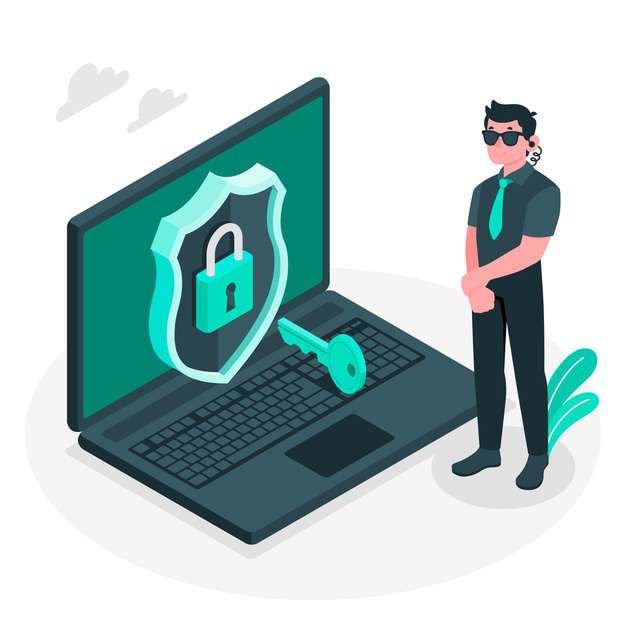What you need to know to get the Best Internet Security Software for your website
It would be lovely if you could just go out and buy the best website security suite available and have total protection for your website. Unfortunately, cybersecurity doesn’t work like that. You can, however, build the best website security suite you can, for the resources you have, and couple it with effective processes. This will provide an excellent level of protection for your website. Here are some tips.
Building the best website security suite for your website
The foundation of a website security suite is a website vulnerability scanner. Website vulnerability scanning services are provided by numerous vendors. Each vendor will have their own take on exactly what it means. All decent vendors will, however, include an anti-malware scanner and a web applications firewall. These are the twin pillars of website security.
Malware, however, is not the only threat to websites. You also need to think about DDoS attacks. These can now be so powerful that even the best firewalls may struggle to manage them on their own. That’s why it can be a good idea to sign up for a DDoS mitigation service. These are essentially DDoS-optimized, super-powered firewalls that only activate when a DDoS attack is detected.

That’s all good news for legitimate netizens but it’s bad news for malicious actors. They have much less chance of getting their email past a scanner and in front of a human user who might be tricked into activating the malware. Sadly, this hasn’t caused them to give up. It’s caused them to branch out into new directions such as social media messages, text messages, malvertising, and virus sites.
Supporting your website security suite
Even the best website security suite in the world cannot provide total protection, nothing can, at least not on its own. This is why it’s important to support your website security suite with robust processes. Here are the areas you need to cover.
Protecting your domain
Ideally, you should have direct control over your domain. In other words, you should buy it from a domain registrar and hold it in an account with them rather than have your host provide it as part of a hosting package. This may create a tiny extra expense, but it will deliver a whole lot of extra control.
Make sure you activate all available privacy options, even if your domain registrar charges for them. Also, make sure you use a genuinely strong and unique password (which you change regularly) and activate two-factor authentication. Activating two-factor authentication may involve digging around in the settings, but it’s worth making the effort. Finally, put a lock on your domain so that important actions, like transfers, require extra verification.
This may all seem like a lot of effort, but your domain is a key business asset. As such, it deserves the highest level of protection you can organize.
Protecting your servers
If you are planning to self-host your own website, then you really need to be prepared to commit a lot of resources to protect your servers. You also need to be prepared to commit a lot of resources to protect your data if your defenses are breached. In particular, you need to store all sensitive data encrypted, regardless of the system in which it is used or the environment in which it is stored.
You also need to manage your data so that it is protected from slow-acting ransomware, which creeps into your systems over time. The whole idea behind this type of attack is that, given long enough, it will render your backups useless. You, therefore, need to be super-vigilant about it.
For most SMBs, however, it will be most practical either to use a managed services arrangement on their servers or, more likely (and more economical) to use a third-party web-hosting service. In either case, you want to make sure that you choose a vendor which really knows their way around security.
If you’re using a web-hosting vendor, you also need to think about their track record on uptime, page-load time, technical support, and customer service. If you’re happy with all of these, you should then look at what specific hosting packages they offer. Then think carefully about how these fit into your plans.
As a rule of thumb, if you know that you are going to use something, it is generally most economical (and certainly most predictable) to have it included in your monthly bill. Do, however, be careful about overloading on services you are not going to use.
Protecting your local computers and mobile devices
Hopefully, you don’t store important login credentials on local computers and mobile devices. If you do, please stop. You will, however, use these devices to log into your key accounts, such as your domain account, your hosting account, and your database. This means that unless these devices are protected, they can provide an easy way for cyberattackers to get important credentials. All local computers and mobile devices need a robust anti-malware product with an integrated firewall and if you have remote and/or mobile users, then you also need a VPN.
Please click here now to have your website scanned, for free, by cWatch from Comodo.





